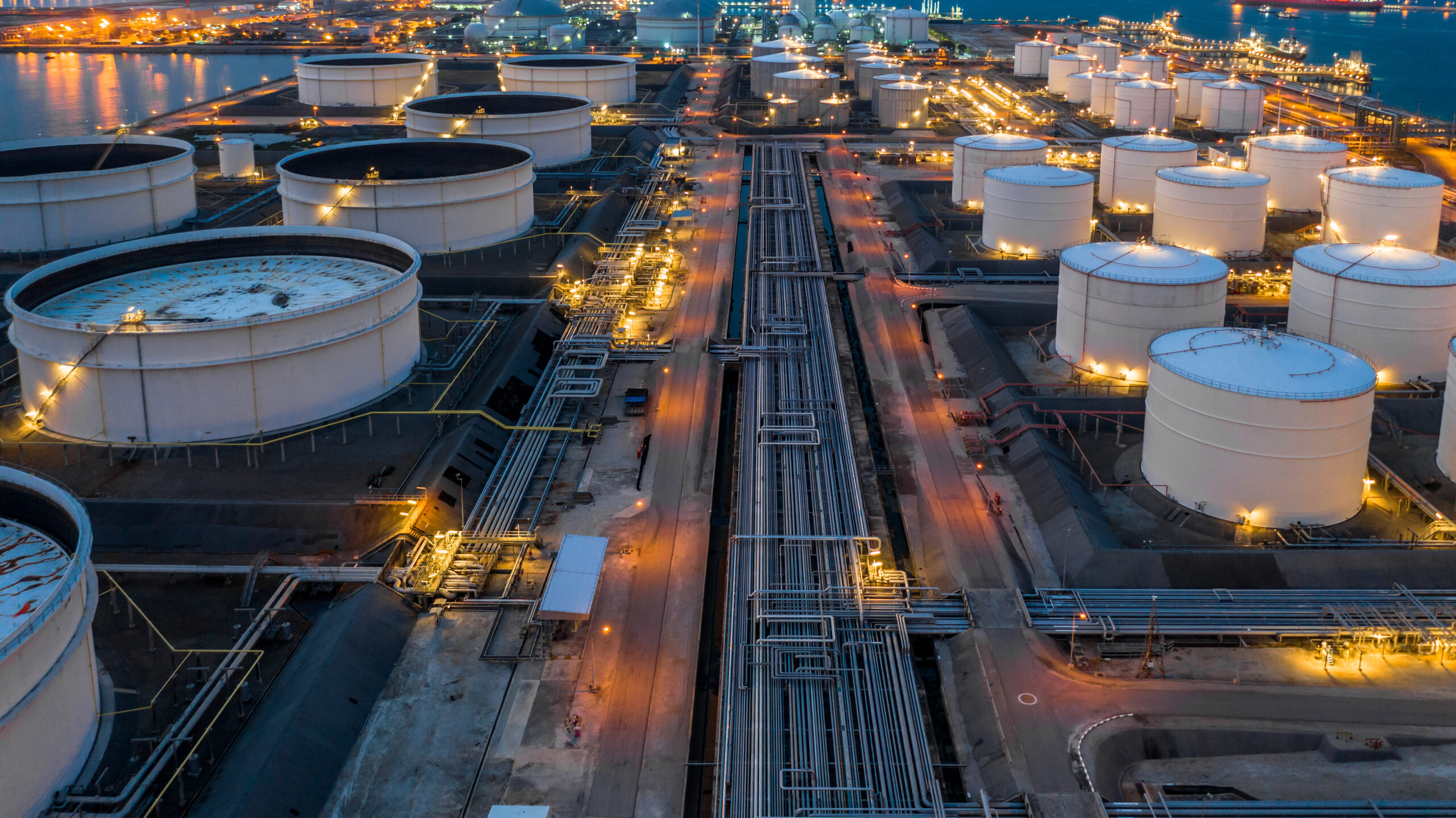
Gabon is positioning itself as a prime destination for oil and gas investment, with over 2 billion barrels of proven oil reserves and significant untapped gas potential, according to Aristide P. Nyamat Bantsiva, Director General of Upstream Hydrocarbons.
Speaking at the African Energy Week during a session titled “Unlocking Investment Opportunities in Gabon’s Oil and Gas Sector,” Bantsiva highlighted that only 27.5% of the country’s oil domain — 70,104 km² out of 255,104 km² — has been allocated to operators.
This leaves nearly 185,000 km² available for investment, encompassing both onshore and offshore areas, including deepwater basins.
“This situation makes Gabon one of the most promising destinations in Africa for oil companies seeking new opportunities,” he said, stressing the untapped potential of the remaining acreage.
Gabon already boasts substantial infrastructure to support exploration and production, including 225 km of gas pipelines, storage capacity for seven million barrels, and an operational refinery.
The government has also reformed the regulatory framework, introducing the 2019 Hydrocarbons Code, which provides flexible contract terms and tax incentives designed to attract private investment.
“The combination of available acreage, existing infrastructure, and a competitive regulatory environment positions Gabon to significantly boost its production and capture greater added value from its resources,” Bantsiva added.
The government hopes that by opening up its remaining oil and gas blocks, it can encourage domestic and international operators to invest in both conventional and deepwater exploration.
Analysts say Gabon’s strategy reflects a broader trend in Africa, where countries with mature oil sectors are increasingly seeking to diversify investment and increase efficiency while maintaining competitive advantages for global energy firms.
With energy demand rising across the continent, Gabon’s unallocated reserves and supportive investment framework could play a pivotal role in shaping the country’s economic growth and strengthening its position in Africa’s hydrocarbon sector.



